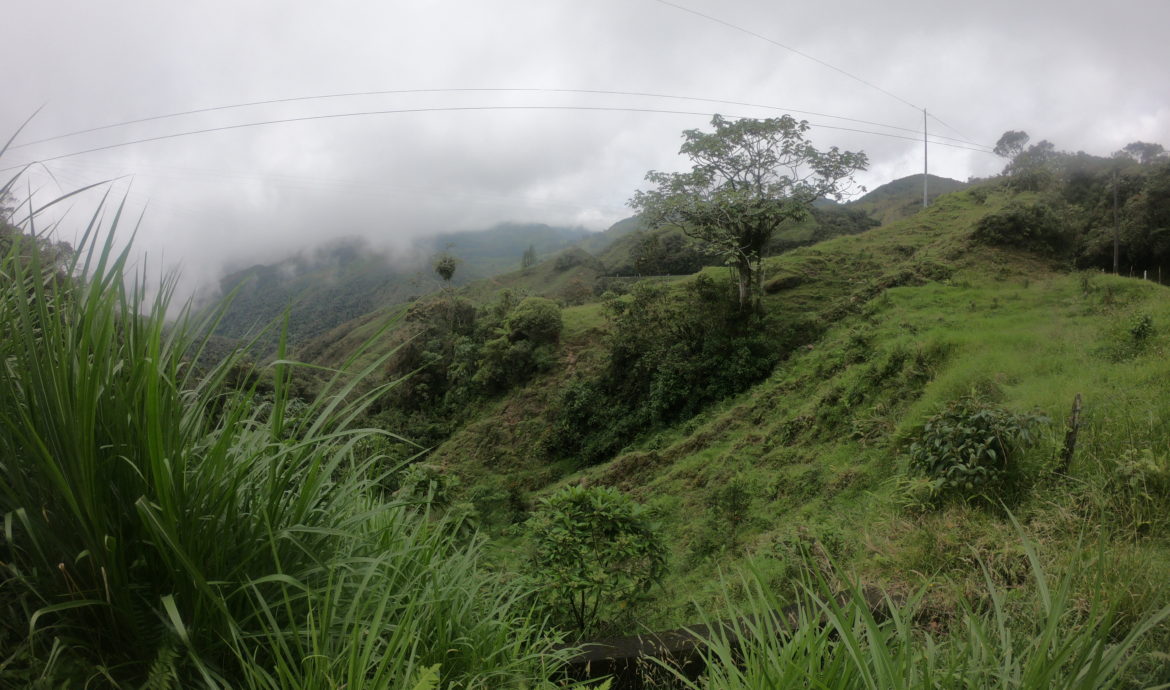
Estoy cansado, pero soy fuerte
Colombia“Soy muy cansado,” I told the plump vaquero pouring me a glass of orange juice. So tired that I could barely translate the words in my head.
He looked confused for a moment, then belted out laughing in disapproval.
“Estas cansado. Eres fuerte.”
I hung my head in shame. Not only had we learned the difference between the verbs “estar” and “ser” on the very first day of Spanish class, but I had also pondered the interesting dynamic of the two verbs at length. How could I screw it up? Well, probably because I’d been climbing a mountain all day and, as I had tried to tell the vaquero, I was very tired.
Estar and ser both translate into English as “to be,” but they separate the most important verb in our language between that which is temporary and that which is permanent. At first, it pained me to have to process which “is” is the right “is,” but after a while, I started thinking about the cultural implications of this linguistic distinction.
In the English language, we find it easy to blur the distinction between the temporary and permanent. We live for the present. That of the past, was, and that of the future, will be, but there is only one “is” and we strive to optimize that being. The lethargic idiom, “it is what it is” perfectly encapsulates our disregard for the dynamic of the temporal.
Español acknowledges, in the present tense, that feelings, locations, and activities will change. I wondered whether this allows a healthier perspective on emotional balance, on lifelong goals, on self worth, with both more respect for things that are permanent or defined (“ser”) and more objectivity toward the temporal (“estar”).
Psychologists in the US work with clients to use language to adjust their sentiment by using phrases like “I feel stressed” or “I feel sad,” instead of “I am stressed” or “I am sad.” Hamlet certainly could have used the verb “estar” when he confused his temporary state of suffering with his permanent existence, pondering suicide while inquiring, “to be or not to be?”
And nowhere is the acknowledgement of the temporary more important than halfway up the flank of the Andes on a bicycle. “I am tired” elicits despair, but “estoy cansado” allows the hope of revival in the near future.
The vaquero found my bicycle journey hilarious and ridiculous, taking every opportunity in our conversation to whip around to his compañero to crack a joke about me in español, far too fast for me to understand. But jokes aside, his simple grammatical correction was enough to remind me that ¡aunque estoy cansado, soy fuerte!, words which powered me over the summit of Alto de Ventanas and into the Andes.
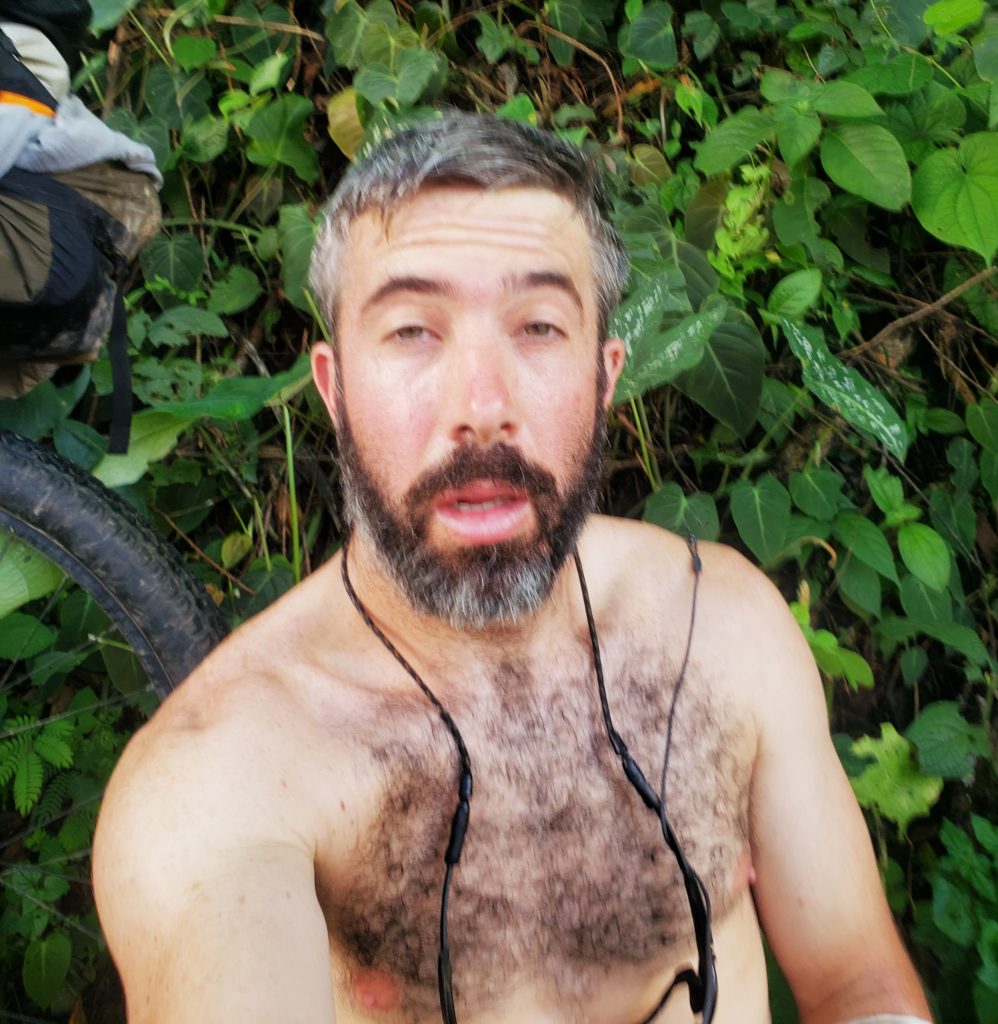
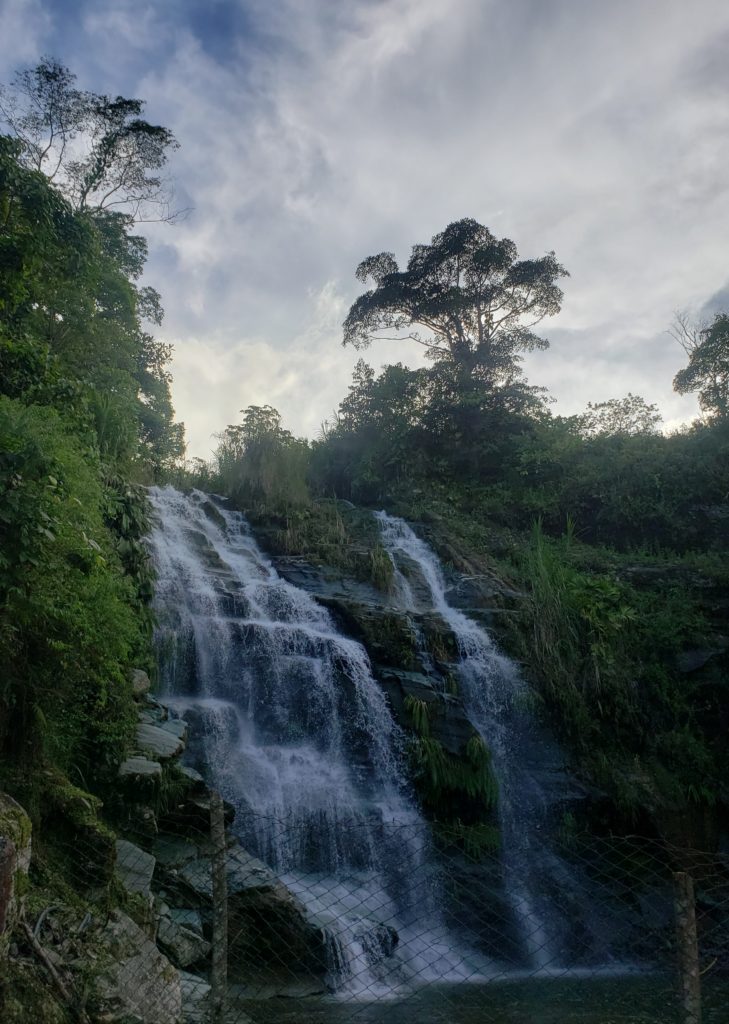
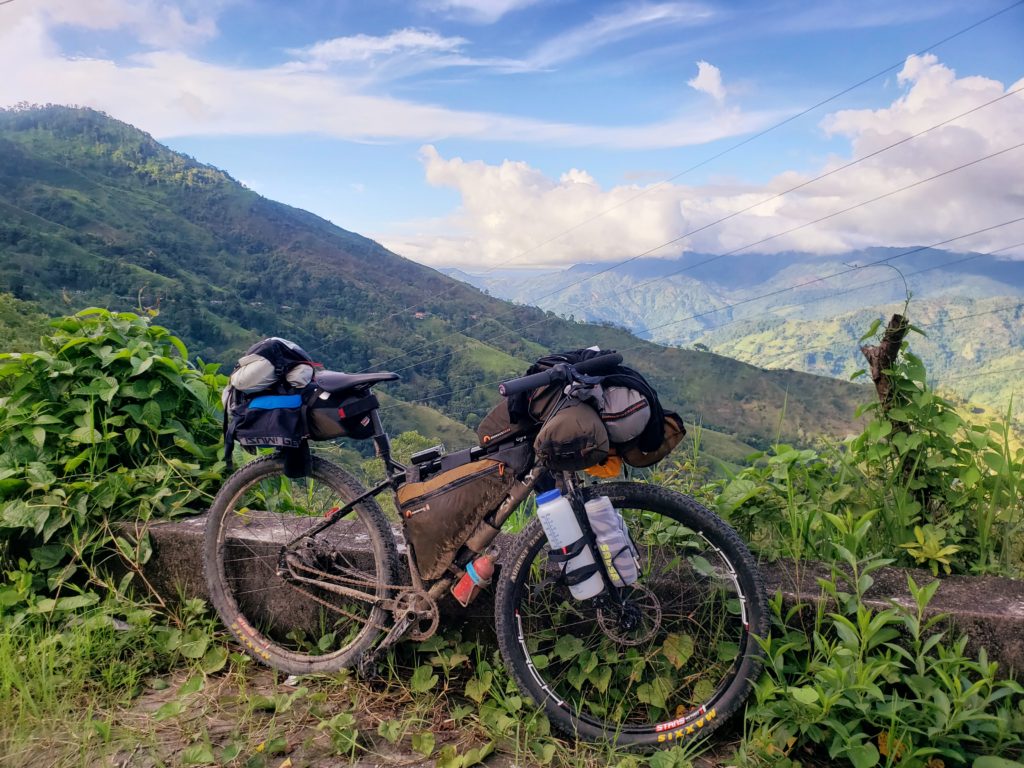
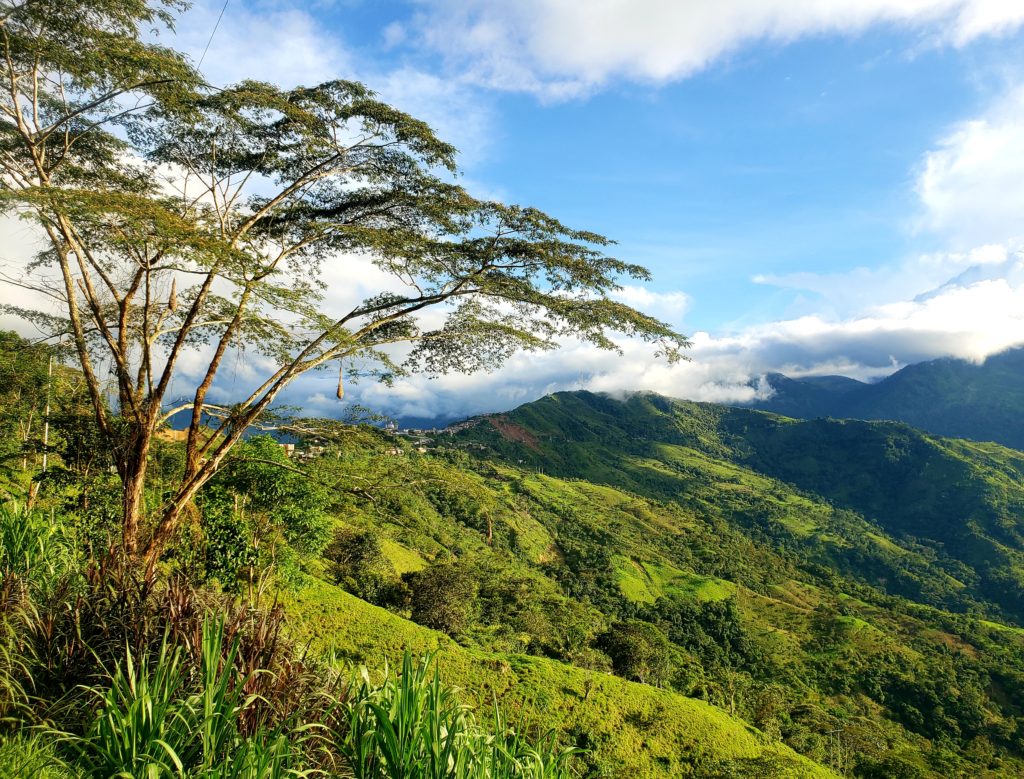
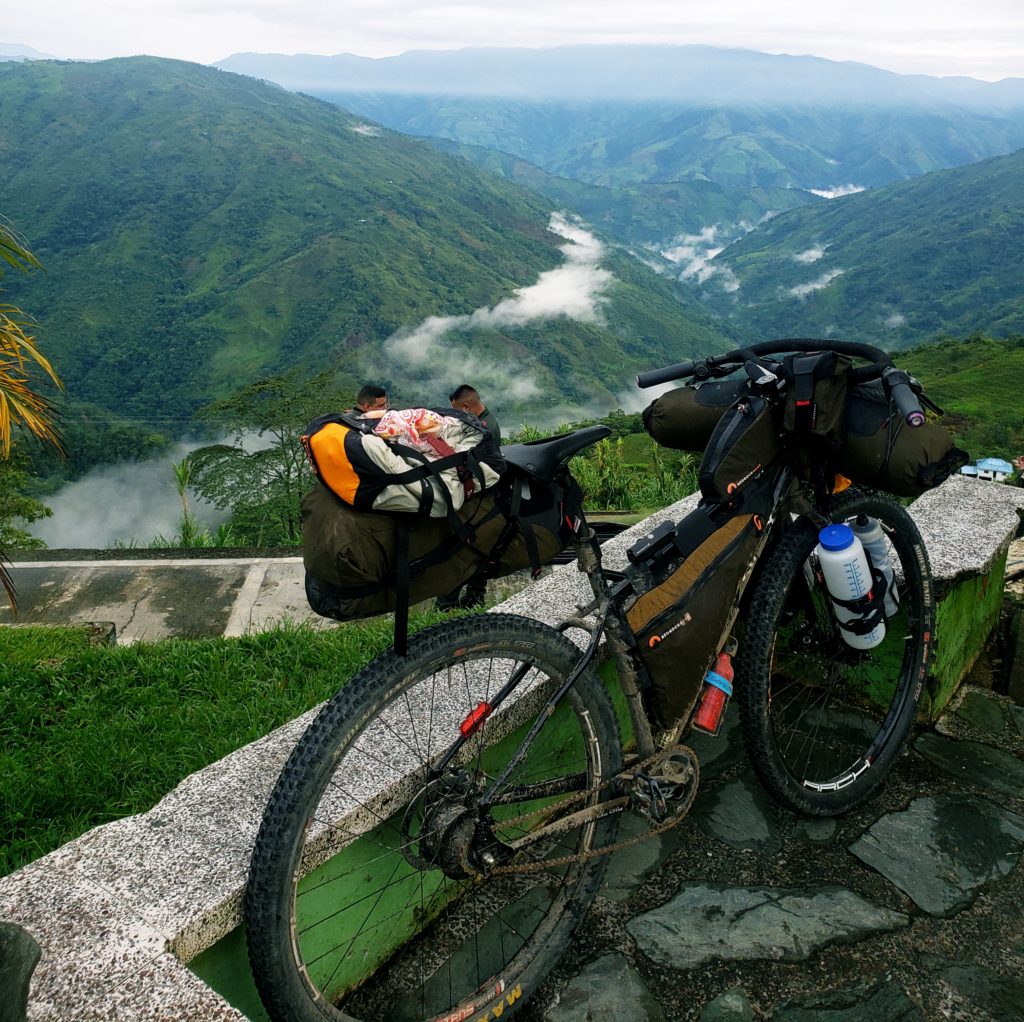
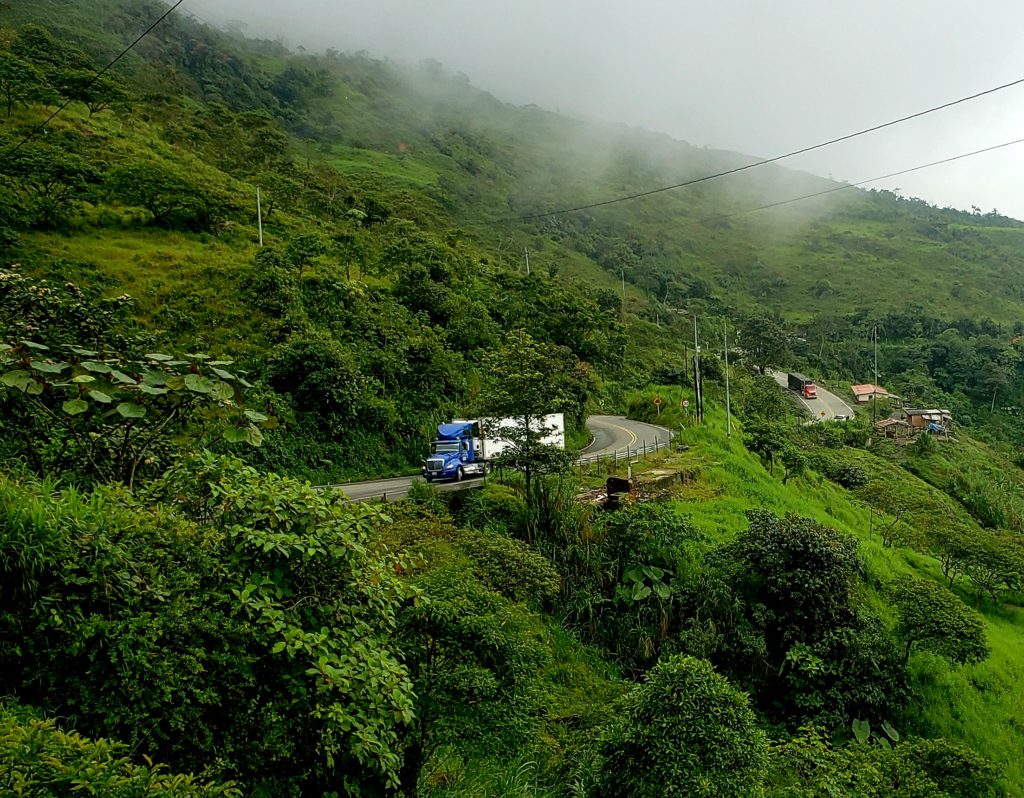
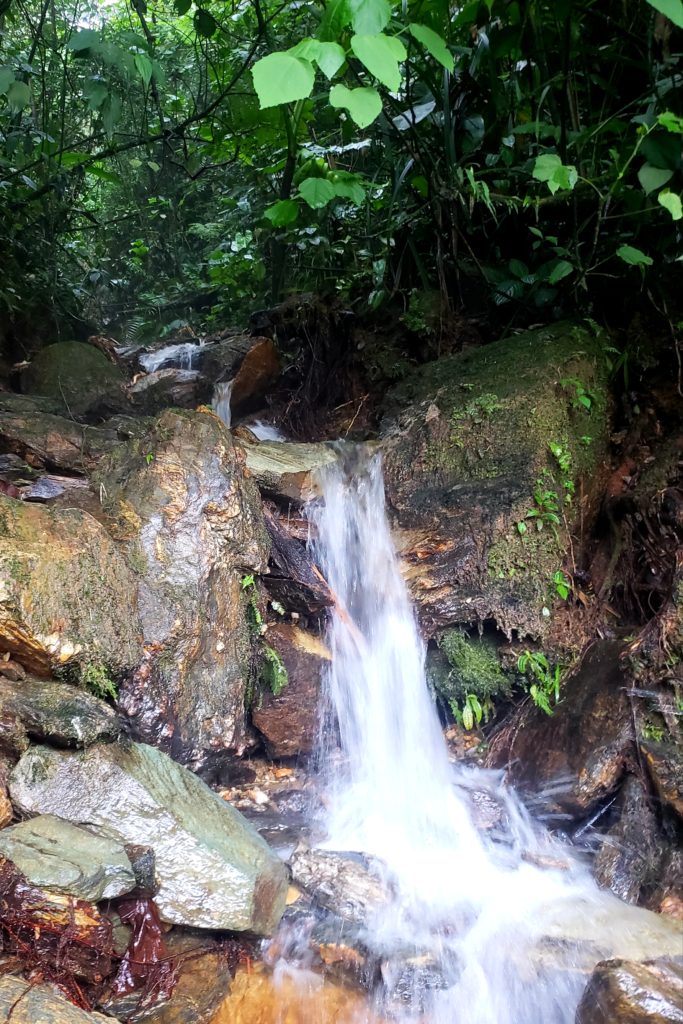
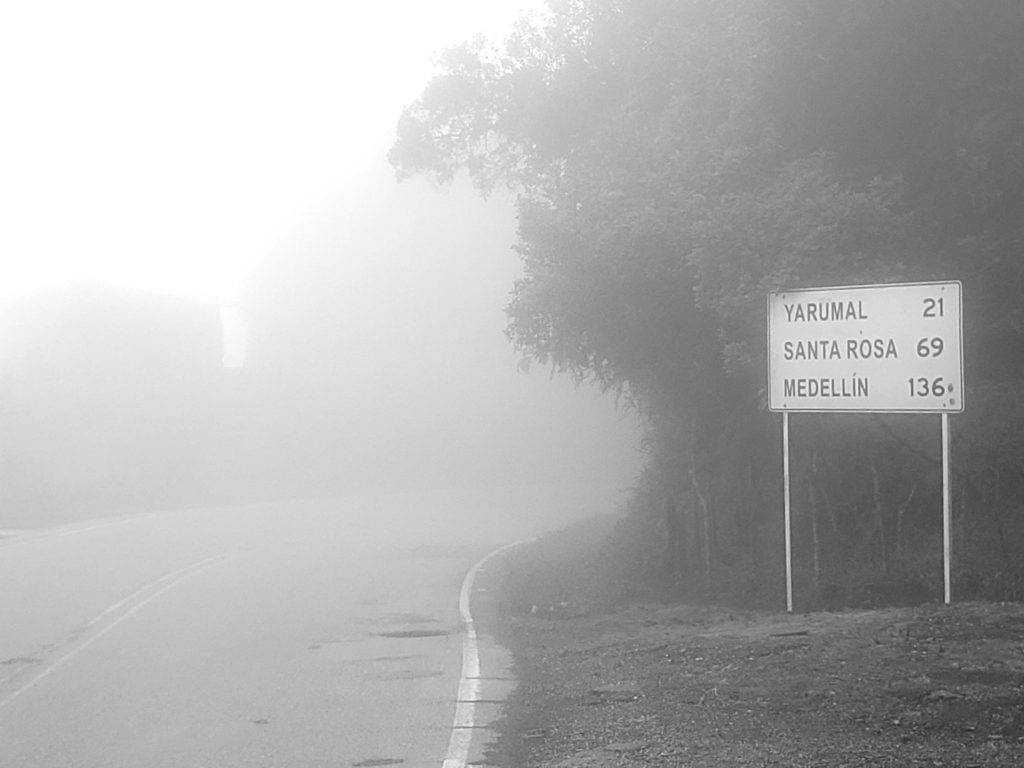
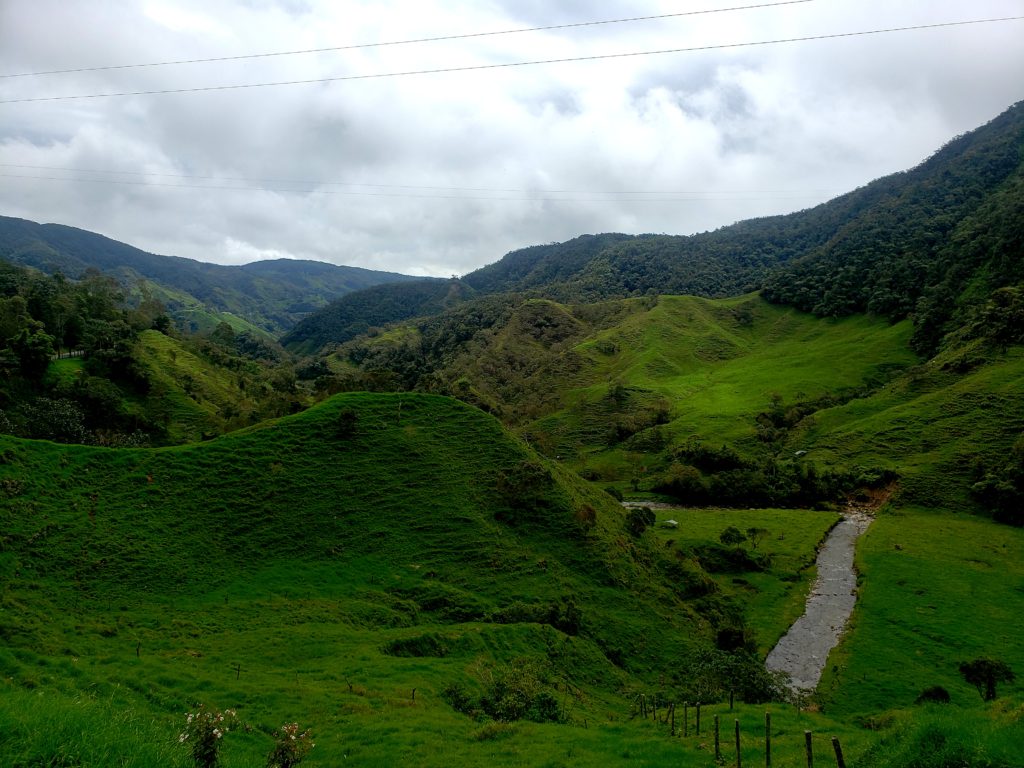
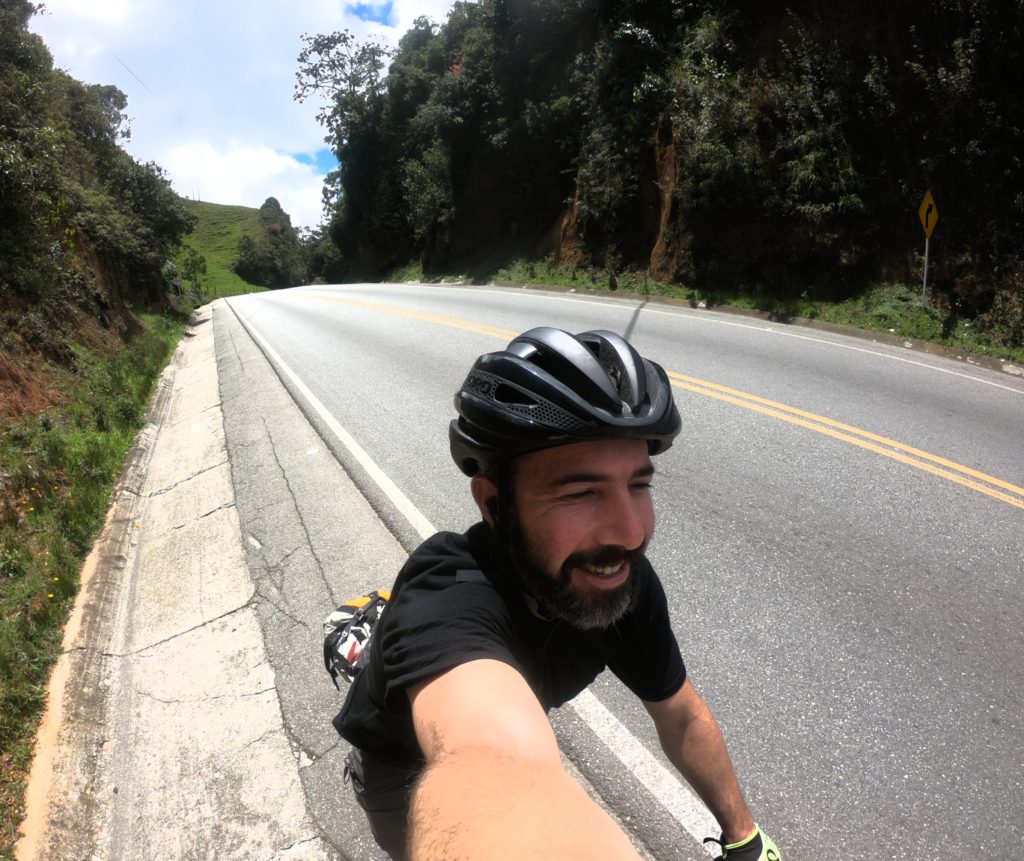
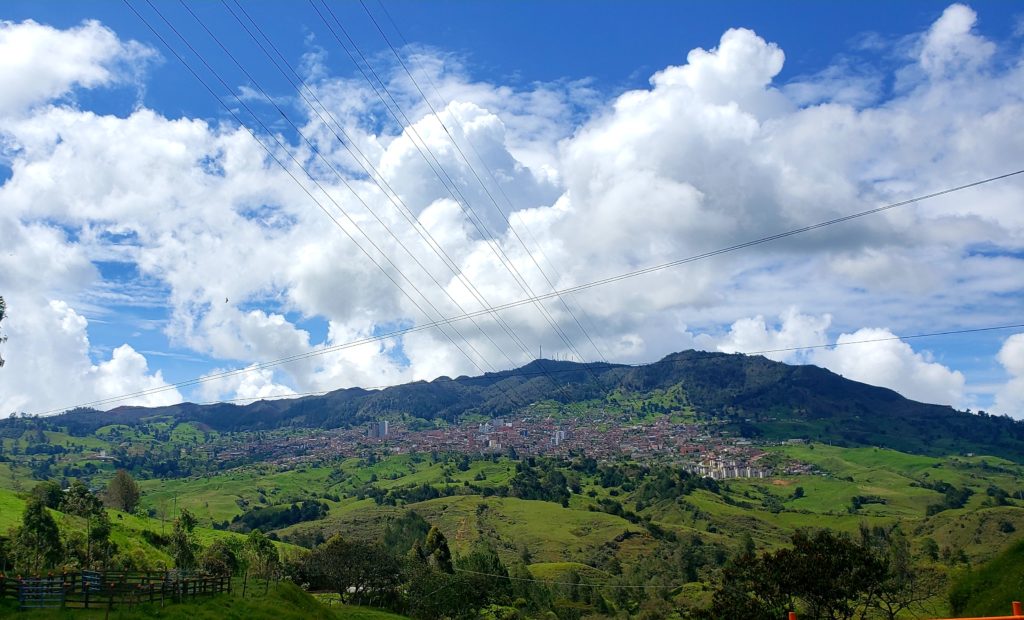
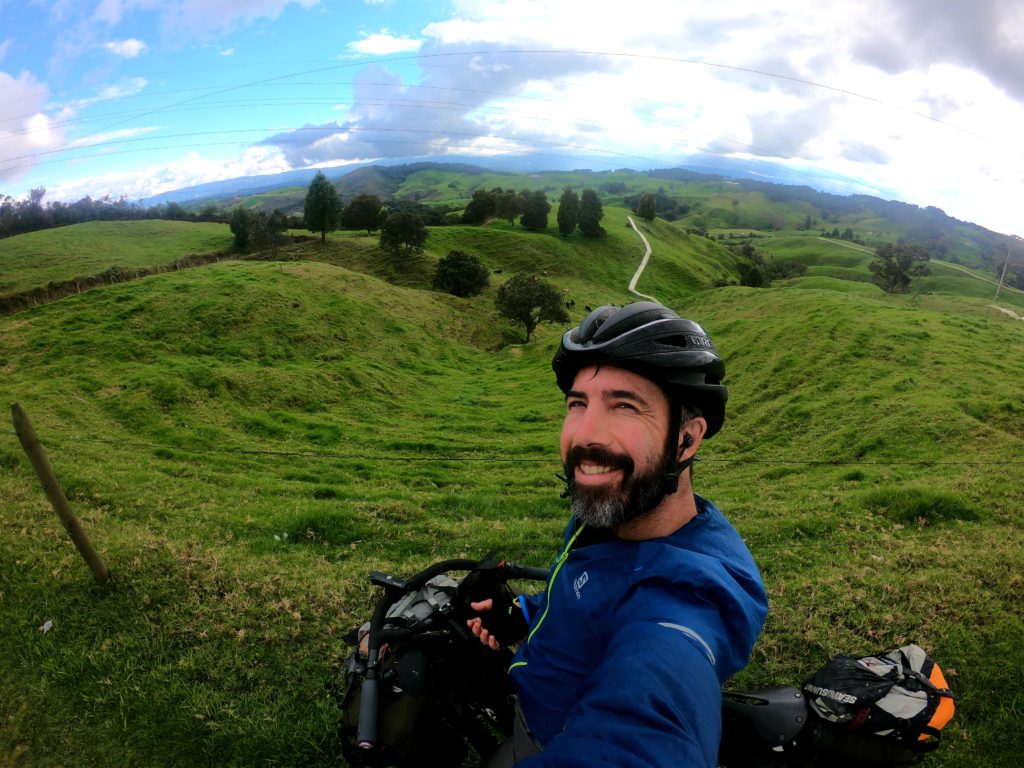
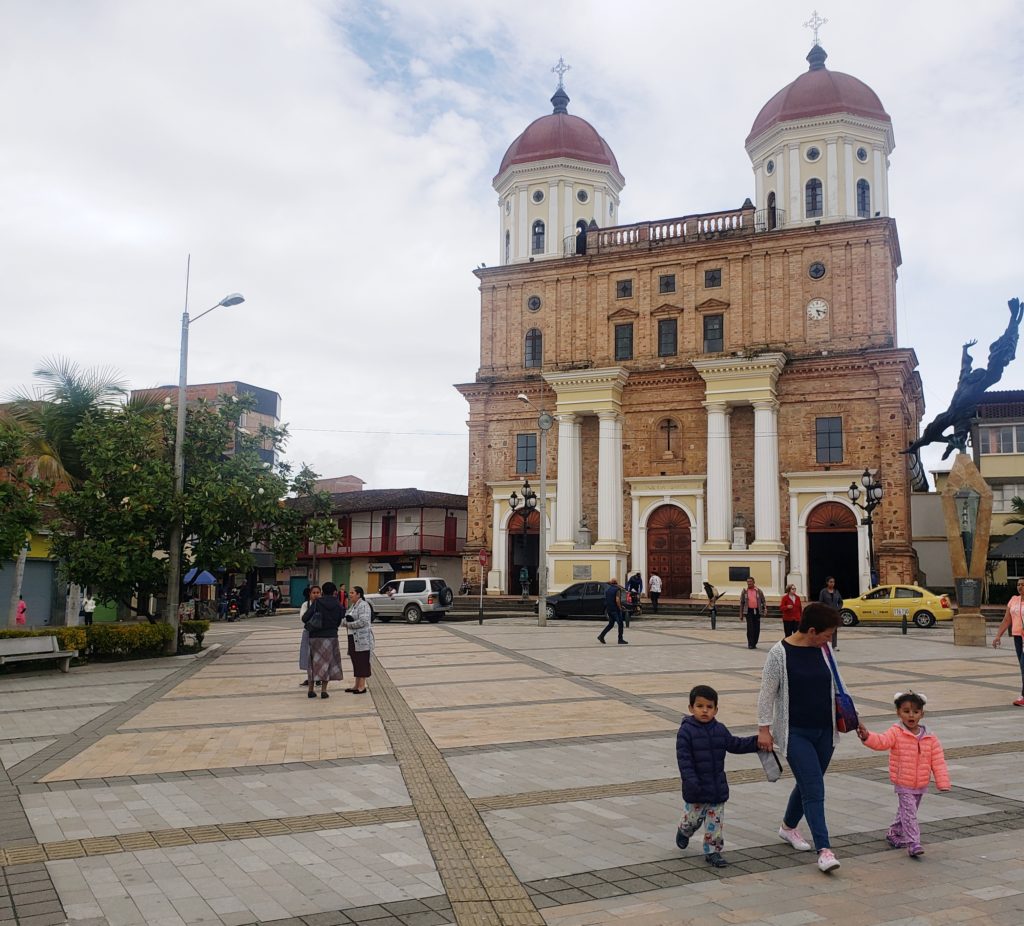
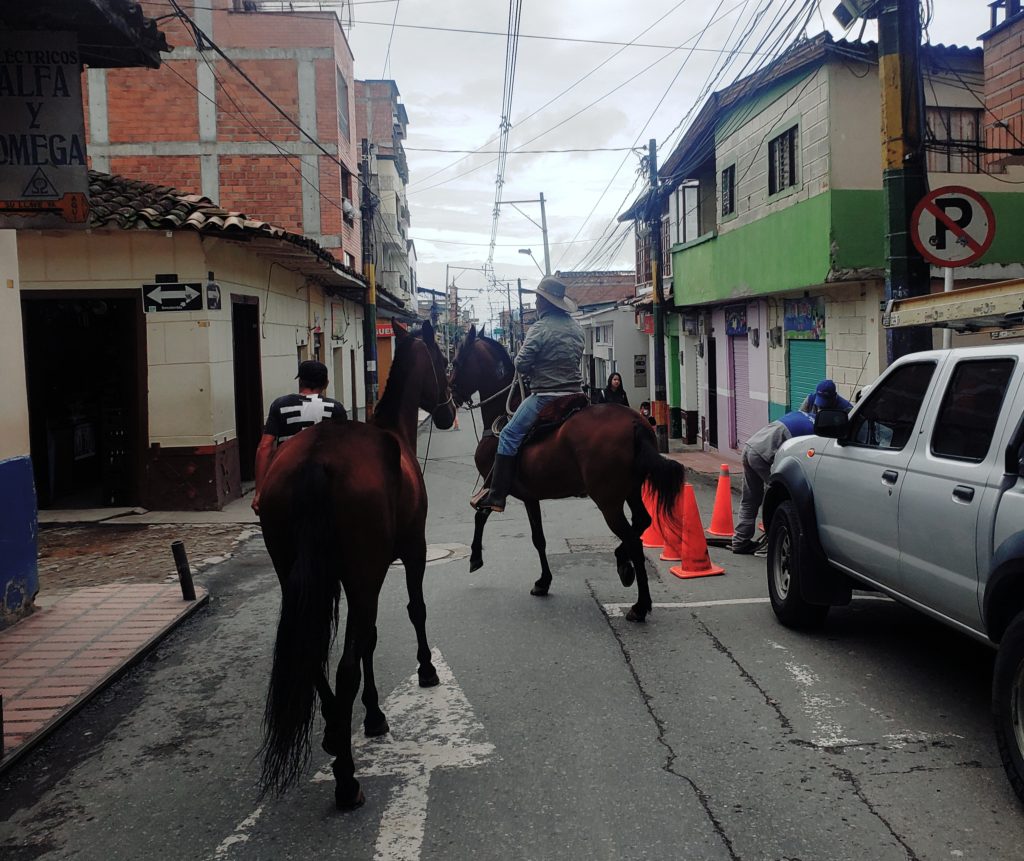
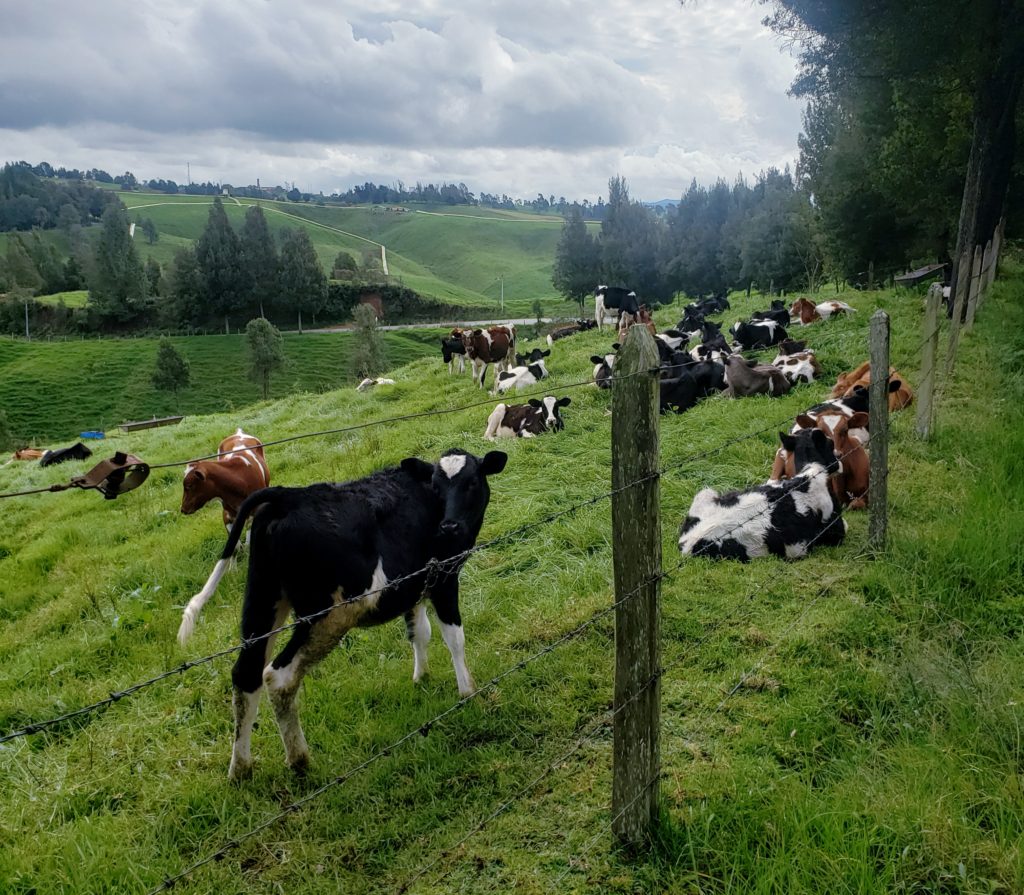
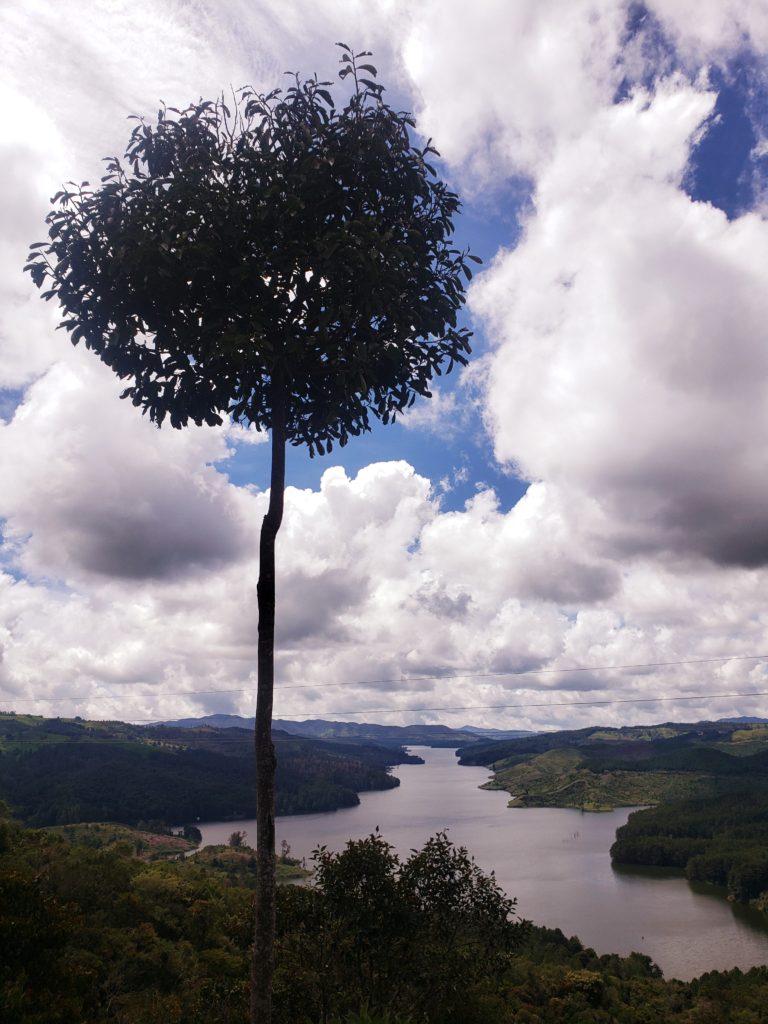
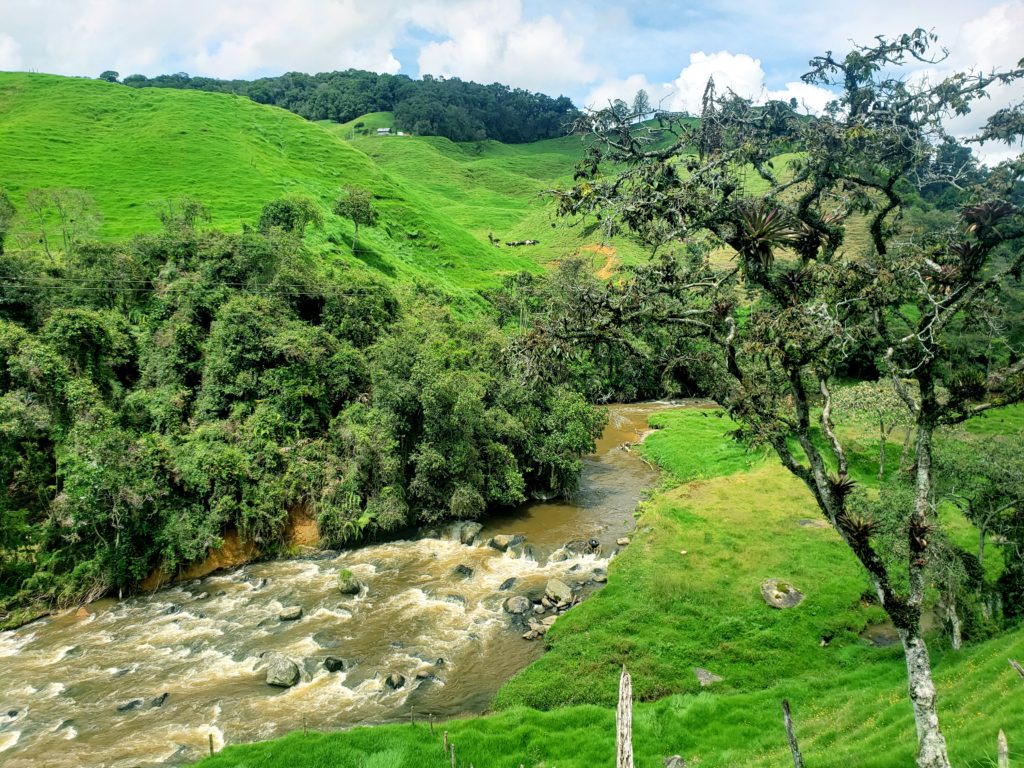
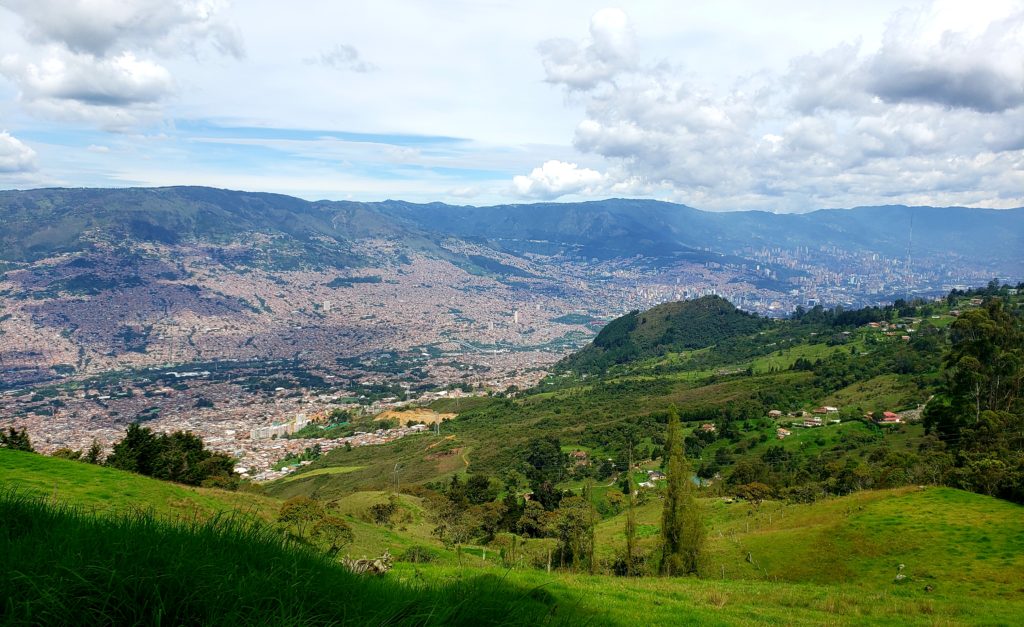
Archives
Calendar
| M | T | W | T | F | S | S |
|---|---|---|---|---|---|---|
| « Mar | ||||||
| 1 | 2 | 3 | 4 | |||
| 5 | 6 | 7 | 8 | 9 | 10 | 11 |
| 12 | 13 | 14 | 15 | 16 | 17 | 18 |
| 19 | 20 | 21 | 22 | 23 | 24 | 25 |
| 26 | 27 | 28 | 29 | 30 | 31 | |